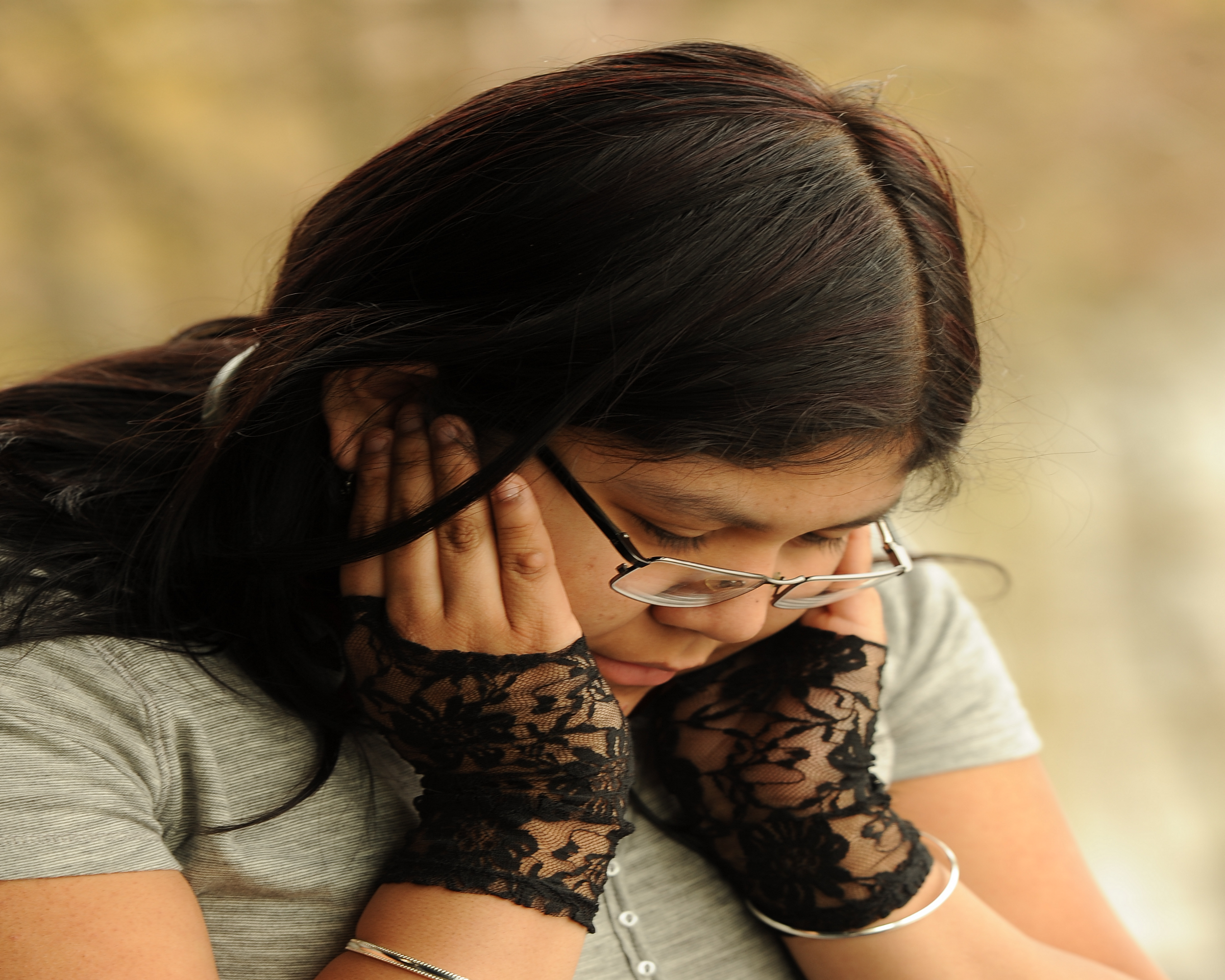Problems falling asleep, awakening after being asleep, and not being able to sleep through the night are all common problems. Insomnia is probably the most common.
What is insomnia?
Insomnia has been defined quite simply as “sleeplessness.” The amount of sleep a person needs each night can vary. Most people require 7 hours of sleep, but it depends entirely on the individual. Although causes of insomnia can vary from individual to individual, some common causes include stress and anxiety, depression, overeating just before bed, poor diet, or many other things.
So what happens when you don’t get a lot of sleep?
Some consequences include:
- decreased problem-solving skills
- decreased concentration
- lowered mental alertness
- drowsiness, falling asleep at every opportunity
What can I do to manage insomnia and other sleep difficulties?
- Get a routine. Try to go to bed & wake up at the same time every day.
- Only sleep in your bed. Try not to study, watch TV, read, or eat in bed.
- Exercise. Do some exercise during the day, even if it is just a walk outside.
- Avoid stimulants. Avoid having caffeine (coffee, tea, chocolate, cola) or cigarettes before bed. [Note: alcohol may make you drowsy but can disrupt sleeping patterns.]
- Natural remedies. It’s always a good idea to check with your doctor before trying such substances, especially if you are taking other medications.
- Medication. If your inability to sleep is disrupting your life, you should see a doctor.
For more information on insomnia check out the Mayo Clinic website.
Acknowledgement: This fact sheet was originally developed by youth and staff at ReachOut.com, a website that helps teens get through tough times.
Special thanks: Suzanne Zane, Maternal and Child Health Epidemiologist
Northwest Portland Area Indian Health Board


